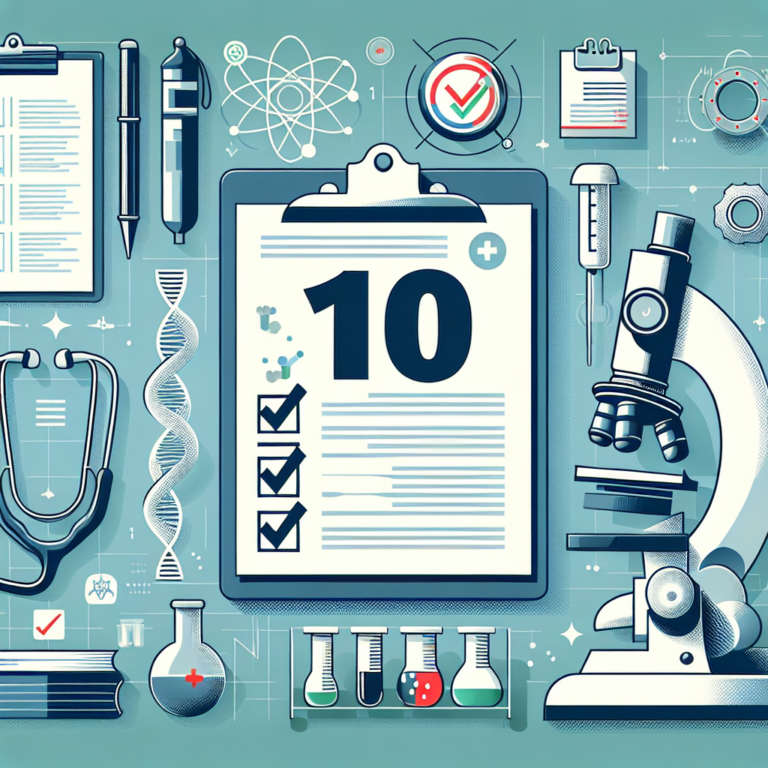Linear regression is a powerful statistical tool that can be utilized in the field of medicine to analyze relationships between variables and make predictions based on those relationships. At StatisMed, we understand the importance of utilizing advanced statistical techniques in medical research, which is why we are excited to provide you with a comprehensive guide on unlocking the power of linear regression in medicine.
Table of Contents
Introduction to Linear Regression
Linear regression is a statistical method used to model the relationship between two or more variables. In the context of medicine, linear regression can be used to analyze how a certain factor (such as age, weight, or blood pressure) affects a specific outcome (such as disease progression or response to treatment).
Advantages of Linear Regression in Medicine
- Predictive Power: Linear regression can be used to make predictions about future outcomes based on historical data.
- Interpretability: The results of linear regression are easy to interpret, making it a valuable tool for clinicians and researchers.
- Identifying Risk Factors: Linear regression can help identify risk factors for certain medical conditions or outcomes.
How to Perform Linear Regression Analysis
- Collect Data: The first step in conducting a linear regression analysis is to collect relevant data on the variables of interest.
- Choose the Right Model: Selecting the appropriate model is crucial in obtaining accurate results from a linear regression analysis.
- Run the Analysis: Use statistical software to run the regression analysis and interpret the results.
- Evaluate the Model: Assess the goodness of fit of the model and interpret the coefficients of the variables.
Practical Applications in Medicine
Linear regression has a wide range of applications in medicine, including:
- Predicting Patient Outcomes: Linear regression can be used to predict patient outcomes based on various factors.
- Identifying Risk Factors: Healthcare providers can use linear regression to identify risk factors for certain diseases.
- Treatment Efficacy: Researchers can utilize linear regression to assess the effectiveness of different treatments.
Conclusion
In conclusion, linear regression is a valuable tool in the field of medicine that can help clinicians and researchers analyze data, make predictions, and identify important relationships between variables. At StatisMed, we are committed to providing high-quality statistical analysis services for medical professionals. If you are interested in learning more about our services, please visit our website or contact us for more information. Unlock the power of linear regression in medicine today with StatisMed!
[ad_2]




